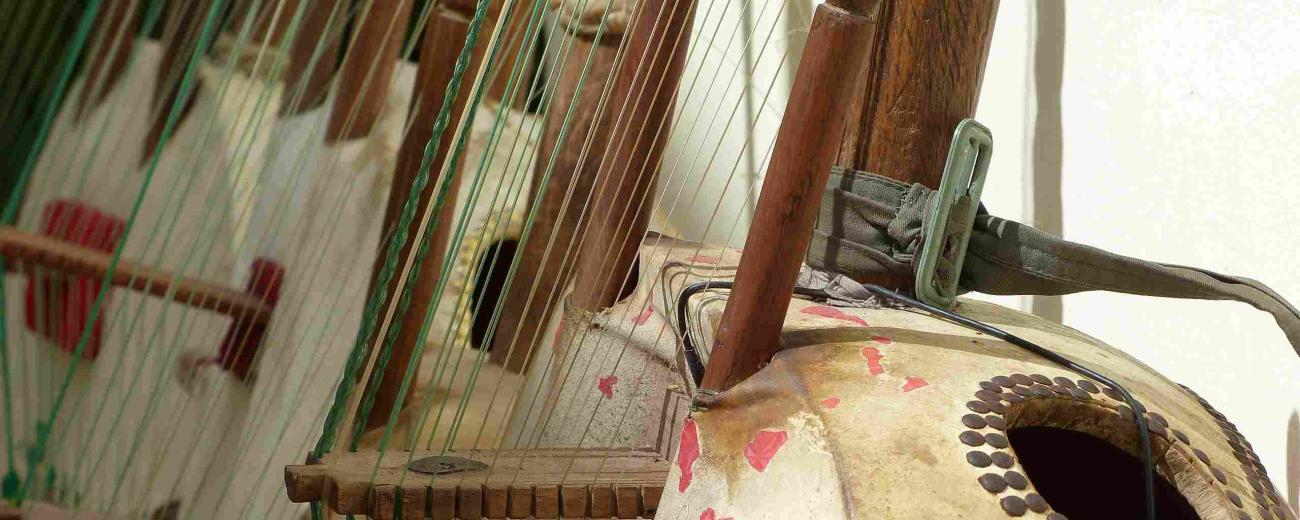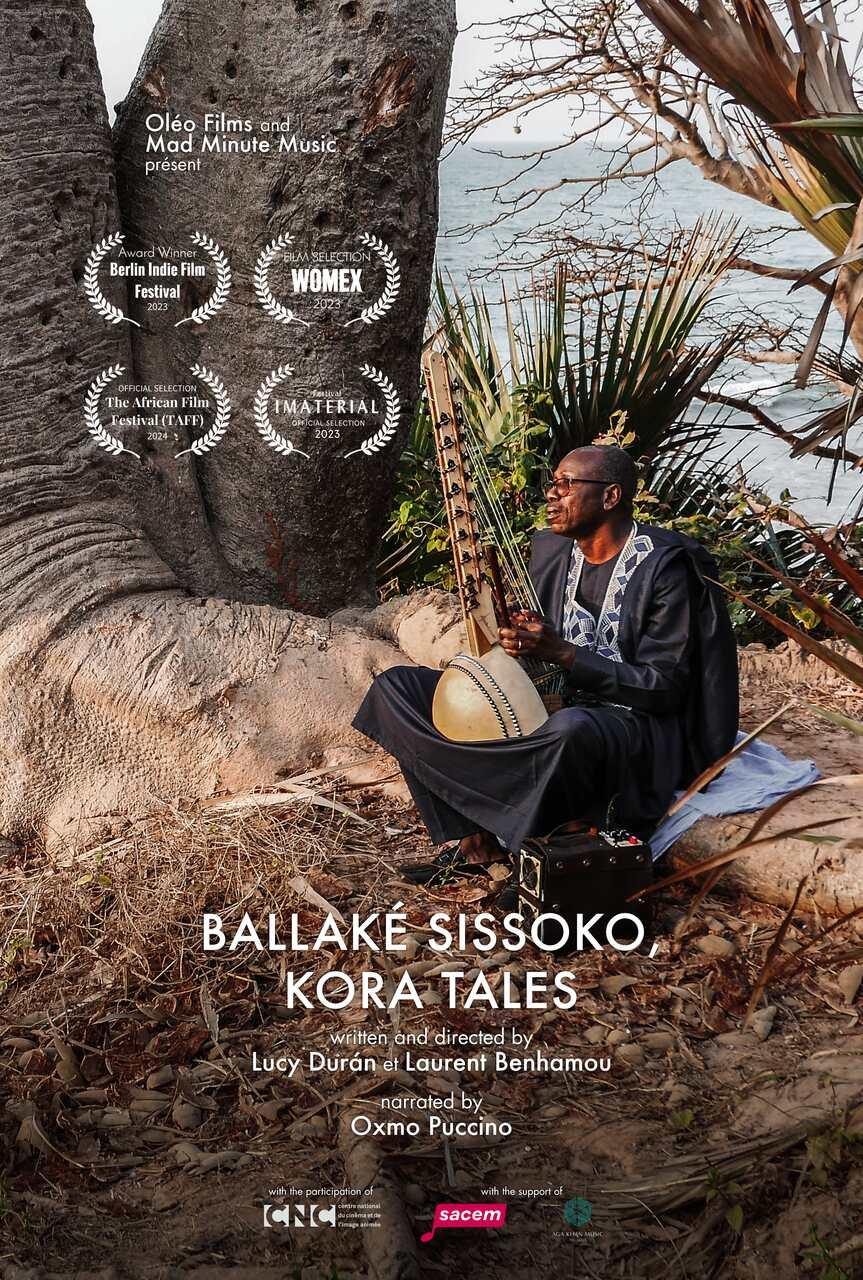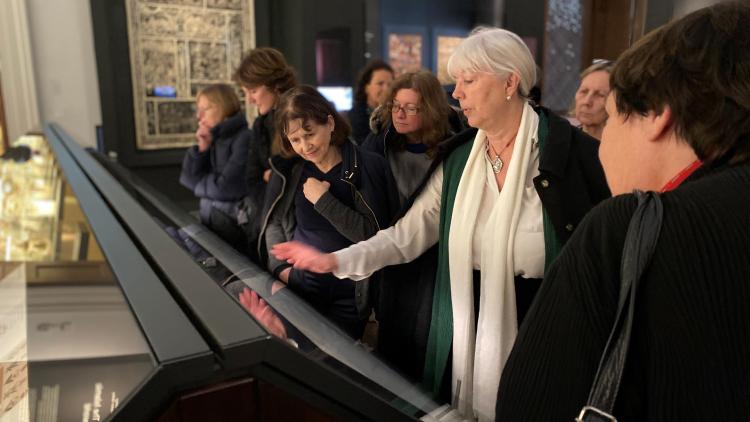SOAS research informs award-winning documentary exploring history of the kora


A documentary film produced by SOAS Emeritus Professor of Music Lucy Durán about the West African harp has won the Best Artist Film (Feature) award at the prestigious Berlin Indie Film Festival.
The film has also been selected for screening by several major film festivals such as the New York African Film Festival, The African Film Festival (Dallas) and Vues d’Afrique in Montreal, among others.
The award for the film “Ballaké Sissoko, Kora Tales” was announced as part of the annual Berlin Indie Film Festival. The festival announces winners each month who are later invited to receive their awards at a live event.
The film instead celebrates the vivid stories of djinns
Professor Lucy Durán’s research of almost fifty years contributes to the making of this documentary, including her interactions with musicians of various generations of kora players at home and abroad.
“For historical sources, I relied heavily on two great West African historians, Youssouf Tata Cissé and Ousmane Sow Huchard” said Lucy.
Shot on location in 2022 in Mali, Senegal and Gambia, the documentary features a globally recognised musician famous for his virtuosity, Ballaké, who is from Mali, a country also famous for its music. The kora is a 21-string instrument that is unique to West Africa with origins that are hard to document, surrounded by legend and myth. Ballaké Sissoko is a master performer of the instrument, with seven generations of outstanding players on both sides of his family.
the Mali Empire was unified on that very spot according to oral tradition
“Ultimately, there is no evidence to date of the kora’s existence prior to the 18th century. The film instead celebrates the vivid stories of djinns around this beautiful instrument which in just over half a century has gone from small corner of West Africa to concert halls around the world.” Said Lucy.
The film follows the story of Ballaké at his parental home in Bamako, capital of Mali, then onwards to his first visit to the rocky hills near Sibi to the west of Bamako, where the great Mali empire began in the 13th century, with a pact between the armies of 12 kingdoms. He is visibly moved by the drama of the landscape and the knowledge that the Mali Empire was unified on that very spot according to oral tradition.
The kora’s relationship with pre-colonial history in the region is addressed in the documentary, particularly looking at the legacy of the Mandinka empire (c.1537-1867), located in present-day Guinea Bissau, Southern Senegal and Gambia, the region where Ballaké’s parents were from. On a quest to find the roots of the kora, Ballaké visits traditional kora players in southern Senegal and hears tales of its connections with the spirit world.
The music in the documentary is a key feature for which Lucy took special care. She ensured clear and linguistically accurate subtitles for all songs, recognising the absence of such in previous kora music footage.
Ballaké's brother, Sirifo Sissoko, a skilled kora player residing in the USA for two decades, along with other experts in Bambara and Mandinka languages, aided in translating the song lyrics due to their metaphorical and archaic nature.
The film includes Bambara, Mandinka, and French languages with English and French subtitles.
Banner image credits: Mathaz via Wiki Commons.


